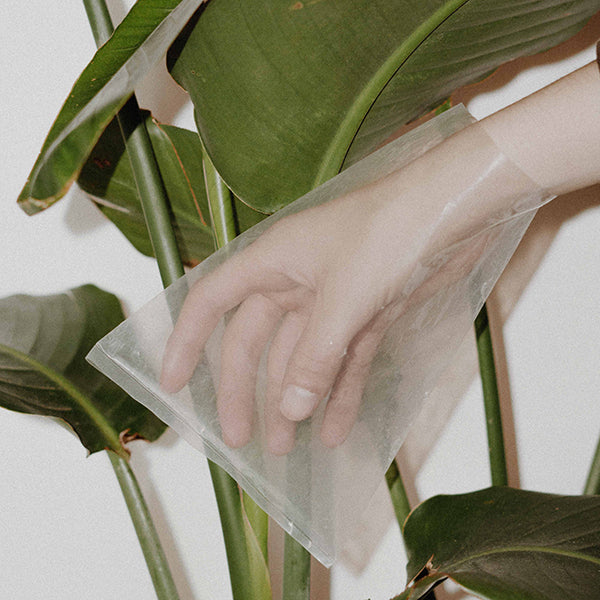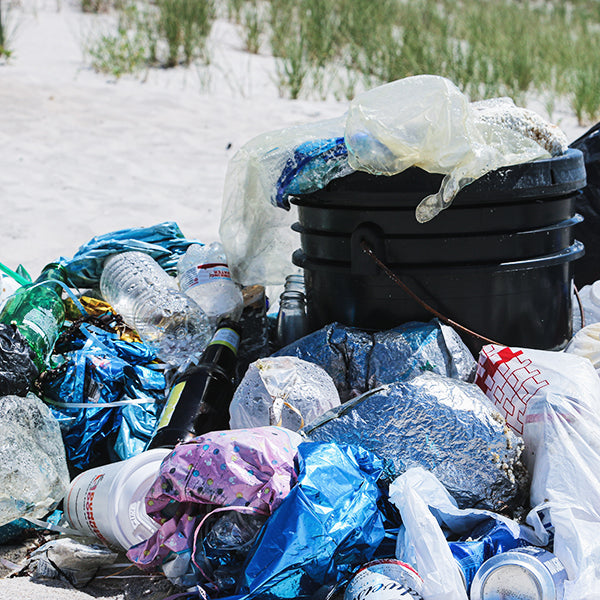Click the Rewards icon to learn more
We say #NOPolyester
Silq rose was formed in an effort to provide women with beautiful hijabs that are kinder to their skin and bodies, simultaneously caring for the Earth, its communities and biomes, through the implementation of sustainable practices, ethical and fair trade production, traditional techniques, the empowerment of local communities and a multitude of environmental projects. Our high quality hijabs are made ethically, with social and environmental sustainability in mind. We only ever use natural and innovative fibres, resulting in breathable and comfortable pieces; providing Muslim women with hijabs for all occasions and seasons, without compromises.

What is polyester?
Polyester is a plastic based fibre derived from oil. It is made using a chemical reaction involving coal, petroleum, air and water, which creates a strong carbon footprint and has a detrimental impact on our health, our environment and our communities. In short, it is plastic! In this article we outline some of the heavy costs associated with producing and wearing polyester, including polyester hijabs (chiffons, crepes, georgettes), no matter how amazing the quality may seem.
Environmental Impact
Polyester is a highly popular synthetic material, which is used universally in the fast fashion industry for its versatility and cheap production; it is not biodegradable, meaning it will remain in our ecological communities even when it eventually breaks apart, and it also relies completely on the petrochemical industry for raw material. This means that this fashion staple depends on fossil fuel extraction which in turn leads to other harmful environmental issues such as oil spillages, wildlife disruption and methane emissions. Shockingly, by 2050, ‘it is anticipated that the fashion industry will use up 25 percent of the world’s carbon budget, making it one of the most polluting industries second only to oil.’ [1]
Polyester also contributes heavily to ocean plastics and overall ecological toxicity. ‘It is believed that synthetic garments are the biggest source of micro plastic pollution in the oceans because up to 1900 fibres can be washed off one garment every time it is washed.' [2]

Toxic chemicals on our skins, absorbed into our bodies
Synthetic materials contain a high number of skin-harming properties, and these are treated with harmful toxic chemicals during mass production. After several years of research; health hazards such as cancer, hormonal dysfunction, as well as immunity harm and behavioural problems, have been linked with the wearing of toxic fabrics and fibres. The source of harm for health conditions rests with the different types of chemicals used in the dyeing and bleaching process of chemically treated natural and synthetic fibres, as well as its manufacturing.
Aside from toxic chemicals, polyester is the worst fabric for skin; it is not breathable and traps odours thus creating an environment for bacteria to grow.
The effect on workers, local communities and areas
The production of polyester itself uses carcinogens, and if released into the air and water, can cause significant environmental damage. Sadly, polyester is commonly produced in countries where there is poor or little knowledge of environmental conditions, meaning, air and water pollution is often discharged, resulting in significant pollution and harm to communities near manufacturing plants. In addition to the harm of polyester itself, the dyes and chemicals used by the workers in the treatment of this material (which requires the use of strong dyes due to its nature) expose them to extremely high levels of toxicity, which have a detrimental effect on their health. Dye workers report higher incidences of lung disease and cancer. [3] These toxic dyes are insoluble and do not readily decompose. The waste water from the dyeing process is difficult to treat and thus enters the environment where its toxicity causes problems to plants, animal life and the biomes in general.
Bearing the heavy burden of polyester in mind, our aim at Silq Rose is to create hijabs that are kinder to your body, biomes, Earth and its inhabitants; with a focus on purity, high comfort and breathability.
__________________________________________________________________________
1. https://www.independent.co.uk/life-style/fashion/fabrics-environment-fast-fashion-eco-friendly-pollution-waste-polyester-cotton-fur-recycle-a8963921.html
3. https://goodonyou.eco/material-guide-polyester-2/